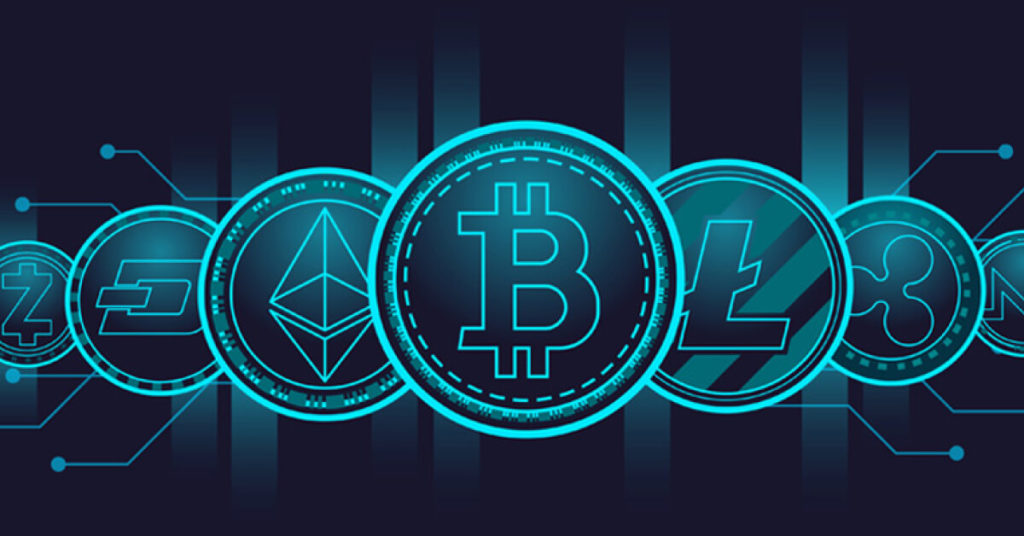Bitcoin, Blockchain
Bitcoin: Blowing bubbles until they burst
Whether you’re two or thirty-two, bubbles inspire our human imagination — for better or worse.
Back in 2006, I had a buddy, who I’ll call Jake. (His name is not Jake.) Jake was in the business of adjustable rate home loans, because Jake was selling The American Dream™ for Countrywide Home Loans. During this time, Americans with questionable credit and work history were awarded home loans with explosive payment schedules. For perhaps three or four years, his customers were given super-low introductory interest rates, which then ballooned into massive mortgage payments they could not afford.
Entire books have been written about why this happened, but I think it boils down to something simpler. Americans have a home-ownership culture that, to this day, is founded upon the perverse notion of monetary gains on paper. That’s the idea Jake sold his customers, at least. By the time the adjustable rate went up on their mortgage, their house would be worth 30% more, so they’d just roll that equity into a re-fi, and lower the payment. You could trust Jake, after all. He had a nice smile, and he would never let your family drive their financial situation off a cliff.
Except he did, and everyone else in his office did, because the entire home loan market was a bubble, firmly built upon the foundation of American nonsense: Everyone can get rich at the same time, and anyone who tells you differently just doesn’t get it.

Bitcoin and cryptocurrency aren’t exclusively American institutions, but they will suffer the same fate as home loans in 2008.
Not long ago, there was this thought that we’d all buy and sell each other’s houses, and the micro-improvements we made in paint, trim, and appliances would justify the massively inflated values. Lenders and appraisers were more than happy to inflate the values of homes, because when the gains are on paper, everyone wins.
This is yet another explainer: Why you should not be in the Bitcoin space.
As someone who has been in the space since the beginning, worked on a blockchain startup, and seen the pitfalls coming — please don’t waste your money on this.
There’s an old adage that goes something like this: “If something seems too good to be true, it probably is.”
Right now, you can buy an Antminer S9 for about $6,000, or I can build you a headless, water-cooled, hyper-eco-efficient Bitcoin miner for about $10,000. (There has been a massive spike in the price of GPU’s lately, and gamers hate you for it.)
Essentially, you’re building a machine that solves math problems. Each time your miner solves a math problem, a specific, fractional amount of Bitcoins are created. Bitcoin is generated per “block”, starting at 50, and is halved every 210,000 blocks. You’re awarded Bitcoin for being part of the math problem, at a rate of 12.5 Bitcoin per block.
The Bitcoin network is designed to create a constant number of Bitcoin every 10 minutes. That also means the more people who join, the harder the math problem must become in order to balance the rate of the constant. (I sure hope you’re still with me here.) Basically, the more people who are mining Bitcoin, the harder it actually becomes to solve the math problem.
As of this writing, 1 BTC is worth $7,308. Here’s where that “too good to be true” part comes in. Say I built you a headless Bitcoin miner, right now, for $10,000 USD. It’s a big investment, sure — but I could guarantee you this miner would make you about 0.6 BTC per month. That means, at current prices, your investment would make you $4,384 per month, or $52,617 per year. (Your net would be a little lower, because in Tennessee, this 2,000 watt machine would be akin to running your dishwasher 24 hours per day, so assume your electricity bill would go up about $250 per month.)
The problem with Bitcoin is that it plies a very human part of us that dares to dream big: “What if you made this small investment, and then it went up 20x or 200x in value?”
Bitcoin isn’t a good idea. There is probably some cool technology on the blockchain, but Bitcoin isn’t it.


